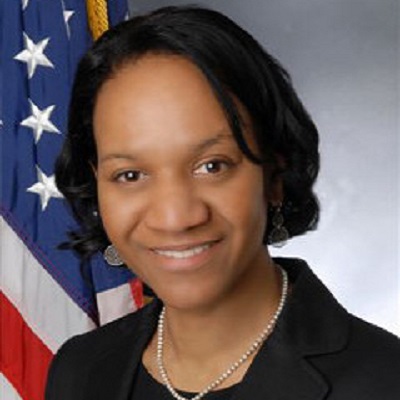
The U.S. Equal Employment Opportunity Commission Wednesday explored the effects of the COVID-19 pandemic on civil rights in the workplace at its first all-virtual Commission hearing.
“Today’s testimony makes clear that, while the pandemic continues to have serious impacts on public health and our economy, it has also created a civil rights crisis for many of America’s workers,” EEOC Chair Charlotte A. Burrows said.
The commission heard testimony from a wide range of experts on an array of related issues, with several of them focusing particularly on low-income, minority women, which make up a majority of direct care workers within senior living and care facilities.
“Women of color are bearing the brunt of the COVID-19 pandemic and recession: as essential workers risking their lives for less pay than their male coworkers; as those who have disproportionately borne devastating job losses; and as those who are shouldering the majority of responsibility for caregiving without necessary supports as our jerry-rigged caregiving infrastructure imploded this year,” said Fatima Goss Graves, president and CEO of the National Women’s Law Center, in written testimony presented at the hearing.
Heidi Shierholz, senior economist and director of policy at the Economic Policy Institute, added that some people who are out of work as a result of the COVID-19 crisis are being counted as having dropped out of the labor force instead of as being unemployed.
“For a person without a job to be counted as unemployed, they must be available to work and actively seeking work,” Shierholz said. “However, during the pandemic, many people who are out of work as a result of the crisis do not meet those criteria. For example, many workers — particularly women — are out of work because of care responsibilities as a result of COVID-19, such as a young child’s school being remote, or an elderly parent’s day care closing, and many workers are out of work because potentially being exposed to the virus at work is not safe for them.”
The goal of the hearing, Burrows noted, was to help gather concerns to update EEOC’s guidance on requirements and considerations around COVID-19 vaccination mandates for employers, as well as other things to consider amid the pandemic.
“All of us have a critical role to play in our economic recovery,” she said. “We must come together to ensure that all employees can work free of discrimination and that everyone who wants to work has equal employment opportunities.”




